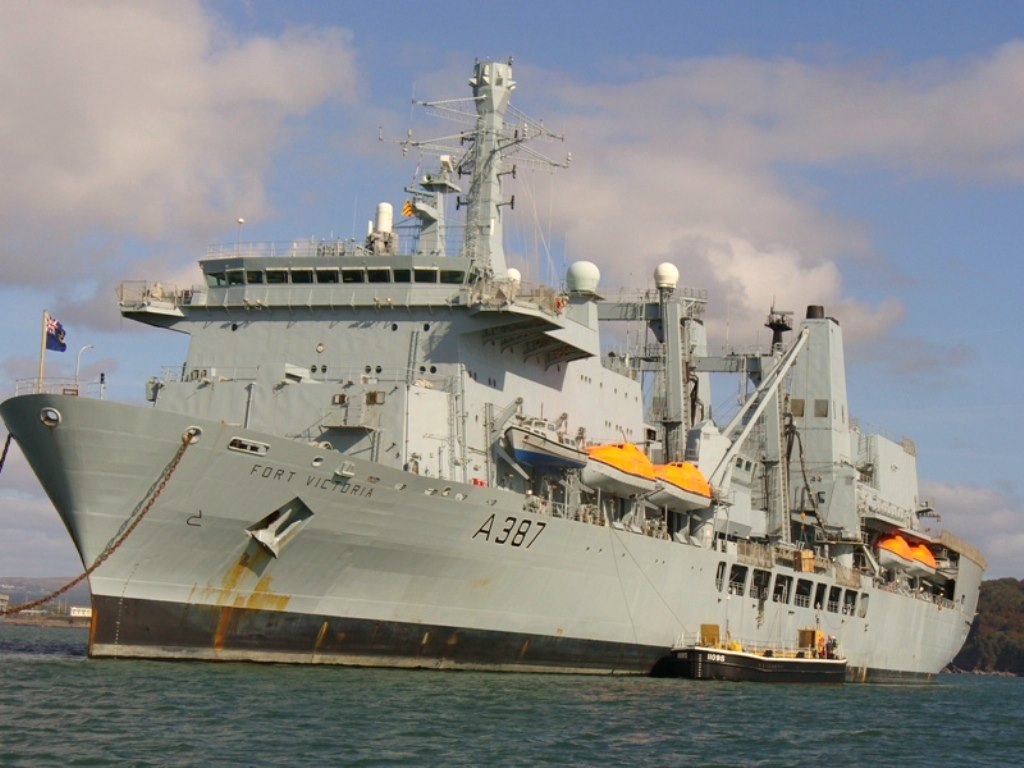The UK cannot send its aircraft carrier to the Red Sea due to the problem of 100 sailors

The United Kingdom took part in operations against the Houthis in Yemen, but did so in an expensive, laborious, risky and limited way, launching fighter-bombers from the island of Cyprus and flying them across Saudi Arabia to Yemen, eight hours of very heavy mission. Instead, the USA was able to operate directly from nearby ships and bases. Yet both navies possess aircraft carriers, in theory.
Royal Navy aircraft carriers could not contribute to the ongoing military operations between the United Kingdom and the United States in the Red Sea for a trivial reason: due to personnel shortages.
Great Britain was unable to intervene in the region with the aircraft carrier HMS Queen Elizabeth, which cost 3 billion pounds, approximately 3.4 billion euros.
HMS Queen Elizabeth would normally participate in operations as part of a Royal Navy Carrier Strike Group (CSG), so these types of missions would be her bread and butter, the purpose she was built for.
However, the only support vessel available to supply the CSG, the RFA Fort Victoria, cannot carry out the job due to lack of personnel. This makes the British intervention force's ability to intervene purely theoretical, as it cannot leave without refueling.
Former First Sea Lord, Lord West, told The Telegraph : “It is atrocious that the Navy has allowed Fort Victoria to be in the condition it is in.” “Bearing in mind that [Fort Victoria] is unique, there should have been a very high priority upon returning from CSG 21 to ensure it was in tip-top condition should the need arise.” The crew of the Fort Victoria, a ship from the 1980s, is at least 100-120, so one hundred people block the intervention of the Royal Navy.
So a fleet built to intervene globally essentially serves to sink the British budget because its entire operational capacity comes to depend on a supply ship that is so poorly managed that it does not have the necessary personnel to be operational. Luckily the new Argentine president Milei has other problems to face, otherwise he could easily take the Falklands/Malvinas without fearing anything.
Meanwhile, the Houthis' Supreme Political Council declared that all American-British interests are now legitimate targets and the UK and US have been labeled "aggressors".
This suggests that the operations to block maritime shipping will continue in the future: on Friday afternoon, the United Kingdom Maritime Trade Operations reported a missile attack off the coast of Aden, Yemen, with the missile landing near a ship, with the narrowly avoided risk of sinking an oil tanker.
The Royal Navy's initiative which provides information on safety incidents to maritime operators said the missile landed 400-500 meters away from the vessel.
Followed by three boats, the nationality of the vessel was unclear. No damage or injuries were reported, while boats were advised to "transit with caution". However, the situation is far from resolved and, in the coming days, we will probably see further military actions by the Houthis and therefore Western responses. Which will see a minor British participation, and a completely absent European one, or almost none.

Thanks to our Telegram channel you can stay updated on the publication of new Economic Scenarios articles.
The article The UK cannot send its aircraft carrier to the Red Sea due to the problem of 100 sailors comes from Economic Scenarios .
This is a machine translation of a post published on Scenari Economici at the URL https://scenarieconomici.it/il-regno-unito-non-puo-mandare-la-sua-portaerei-nel-mar-rosso-per-il-problema-di-100-marinai/ on Sun, 14 Jan 2024 13:45:57 +0000.

